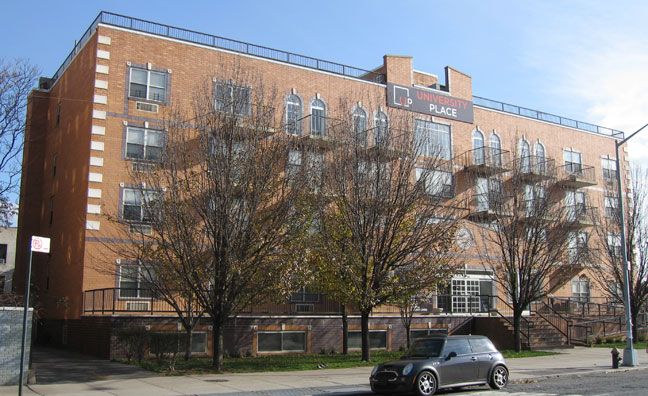City residents getting Family Homelessness & Eviction Prevention Supplements (CityFHEPS) will be able to breathe easier if they are facing eviction after city council members enacted a bill that would increase the value of their rental vouchers.
But advocates for FHEPS clients say that there is a fatal flaw that exists in the legislation, a last-minute effort to lower the income ceiling for the vouchers.
The measure, Intro. 146-C, was passed June 27 and will go into effect on December 24. City Councilmember Stephen Levin (D-Brooklyn) sponsored the legislation, which also drew strong support and co-sponsorship from Council Speaker Corey Johnson.
“Many families and individuals will be left without homes soon. With rents coming down and the value of vouchers going up, I’m hopeful that they will quickly find replacements instead of overwhelming our shelter system,” said Johnson, one of the bill’s co-sponsors.
“In my time at the council, my office has tried to help countless constituents who qualify for vouchers find acceptable housing. But there were too many applicants and too few available units and people waited for years with vouchers that were all but worthless. The change to raise voucher amounts is an investment in housing and the fight against homelessness, and an affirmation of the human right to housing,” said Levin.
But community organizations including New Destiny Housing, Homeless Services United, and Urban Pathways, while applauding both Levin and Johnson, said the legislation should have upped the income ceiling requirements.
“This would end up leaving some New Yorkers with an impossible choice of either giving up their sources of income or their homes, which means thousands of New Yorkers won’t be able to access the rental assistance they desperately need in the aftermath of the pandemic,” they said.
“There was a strong understanding among housing advocates that changing rent limits would mean changing the income ceiling for the vouchers. For a person working full time and earning minimum wage, the rent burden is 70%. The previous version of the bill addressed advocates’ concerns of increasing both the maximum amount of rent vouchers and the income needed to be earned to receive them,” said Catherine Trapani, the executive director of Homeless Services United.
For example, Rhonda Jackson is a woman familiar with homelessness and living in shelters. She currently works as a fellow with the Family Homelessness Coalition where she advocates for families dealing with homelessness and earns a modest income herself. This places her above the lowered income eligibility rules for her CityFHEPS voucher and forces her to choose between employment and homelessness or quitting her job to keep her voucher eligibility.
“When I first signed the lease for my apartment, I was told that the voucher would be in effect for five years, which I believe should be permanent. If you don’t do everything the government tells you to, you lose it.. I did everything that they told me to do, and I still lost my voucher,” Jackson said about her experience.
Jackson said she witnessed similar situations with other families as well. “I’ve watched six families with young children get evicted from my apartment building. Families are being destroyed. I’ve lost three of my grandchildren [to the system] because of this. All we want is some help,” added Jackson.
Trapani said the City should adjust its new proposed rules and how those rules will affect homelessness.
“The good thing about the bill is that it provides more housing opportunities to residents. The bad news is that for those residents who need assistance and are working struggle to afford housing,” said Trapani.
Levin’s office did not respond to inquiries at post time.








